Share your favorite reaction and win one of ten bags – anniversary contest for March
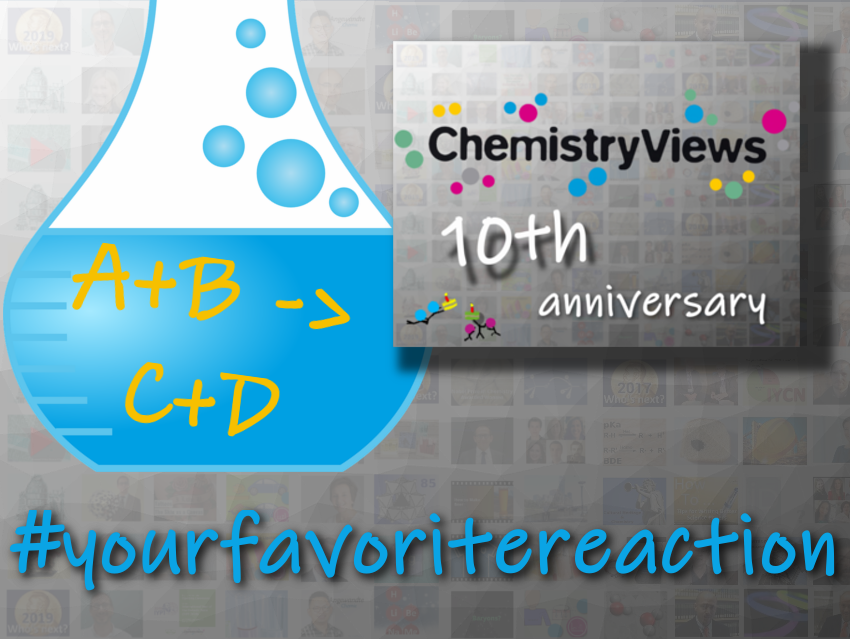
Your Favorite Reaction
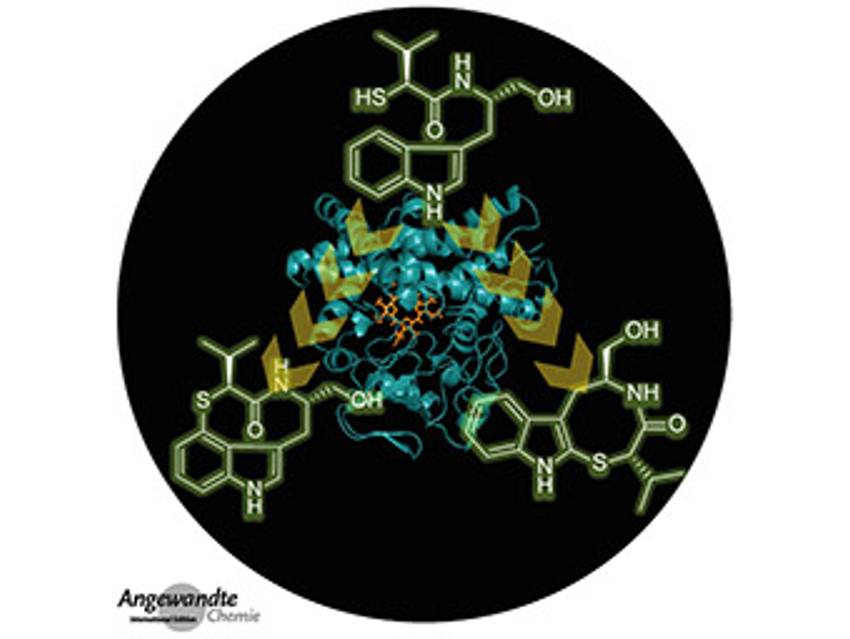
Angewandte Chemie 10/2020: Strategies and Effects
Overview of the latest issue of Angewandte Chemie

Most Accessed Articles: January 2020
Highlights from ChemPubSoc Europe, ACES, and GDCh journals
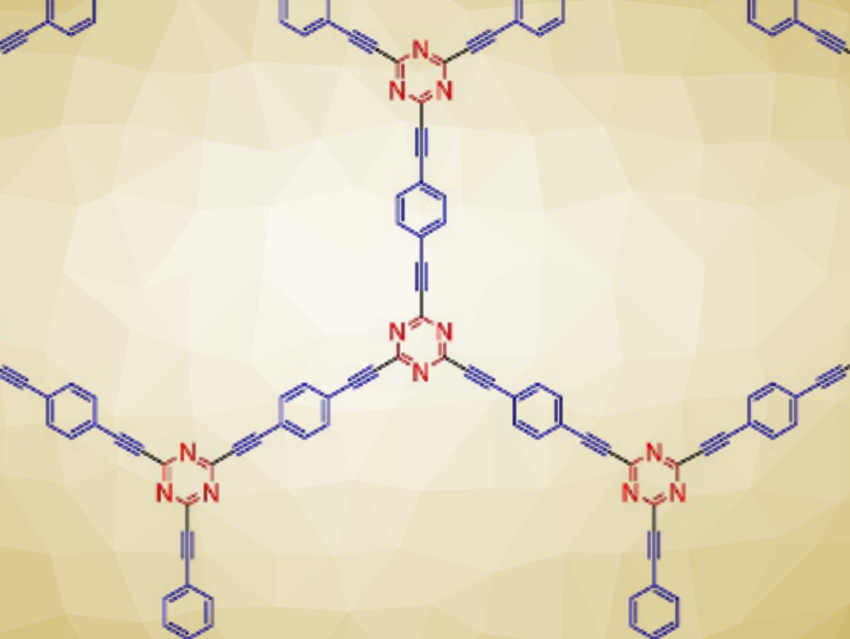
Triazine‐Based Analogue of Graphyne
Synthesis of a new triazine‐ and 1,4‐diethynylbenzene‐based graphyne analogue
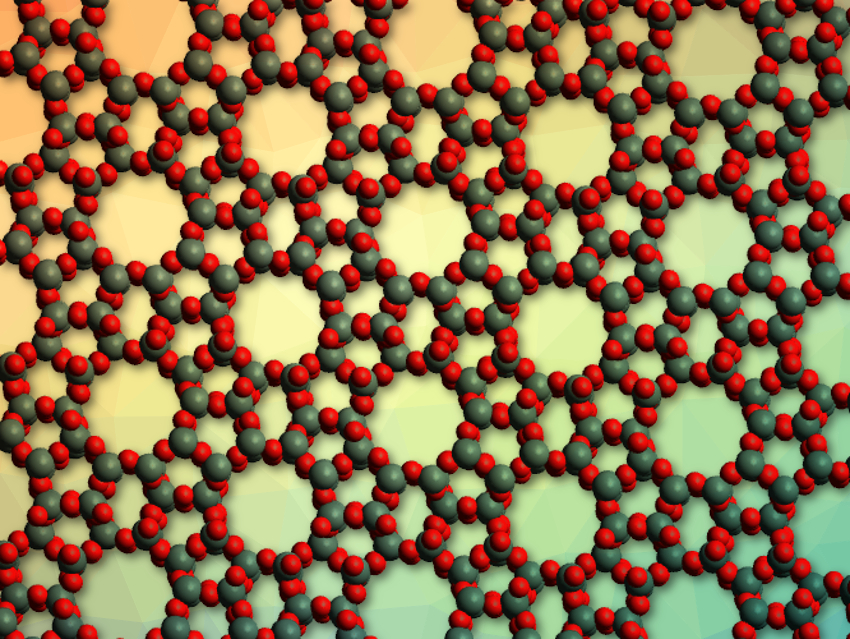
Zeolites with Fewer Defects and Improved Stability
Liquid-mediated process heals defects and prevents degradation
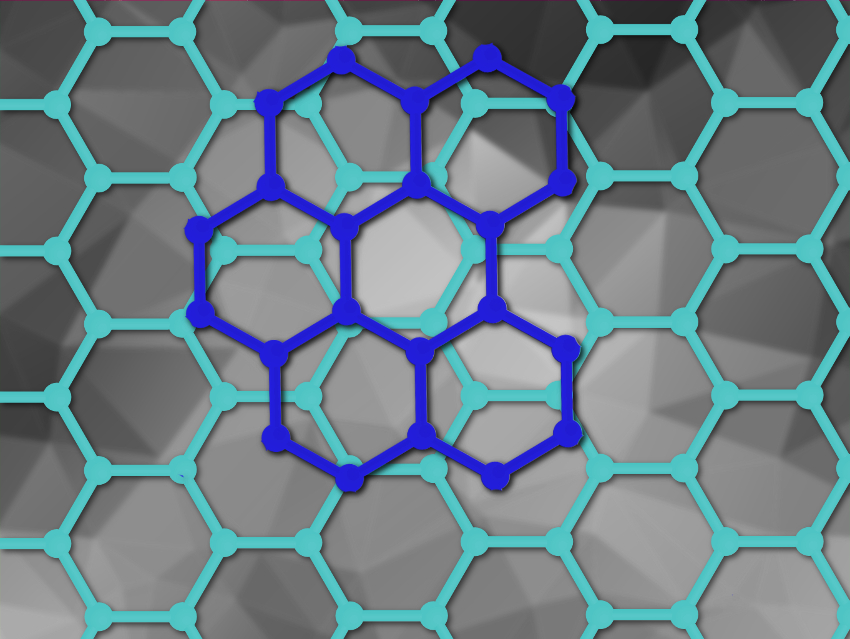
Two Types of Graphene Combined for Water Splitting
Van der Waals heterojunctions formed between 0D graphene quantum dots and 2D graphene sheets
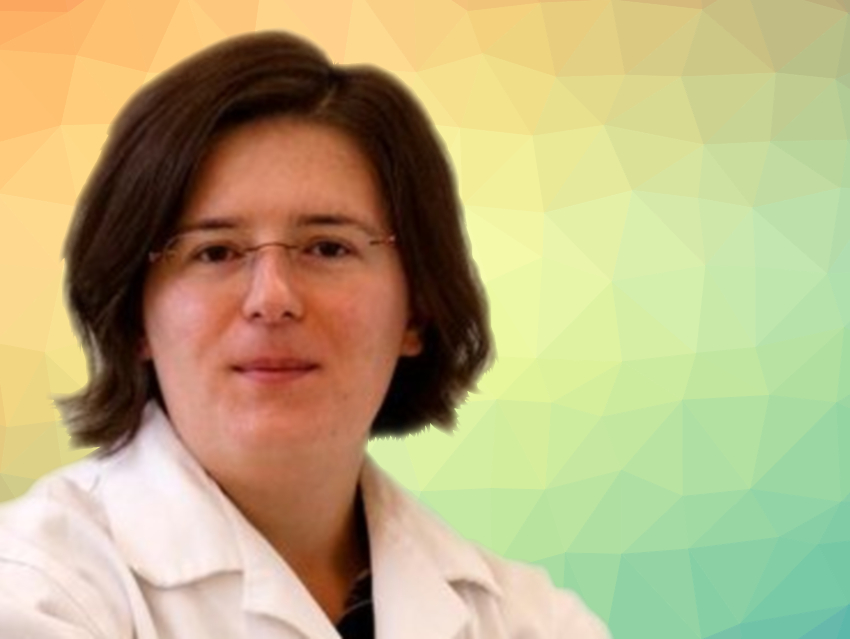
Clara Immerwahr Award 2020
Sophie Carenco, Sorbonne Université, France, honored for her work on nanochemistry and catalysis

Wiley-CST Green Chemistry Award 2019
Thongthai Witoon, Kasetsart University, Bangkok, Thailand, honored
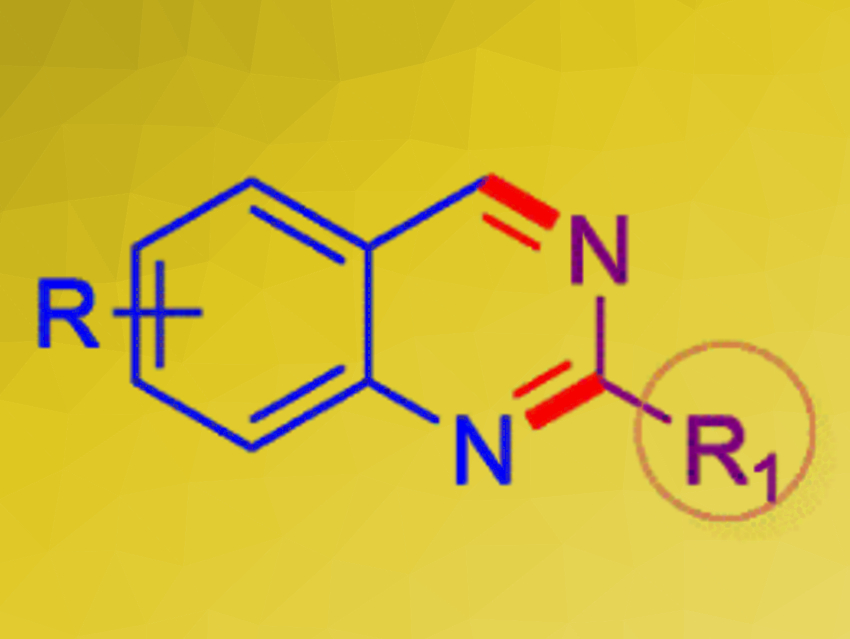
Organocatalyzed Synthesis of Quinazolines
Niacin promotes the preparation of aromatic heterocycles
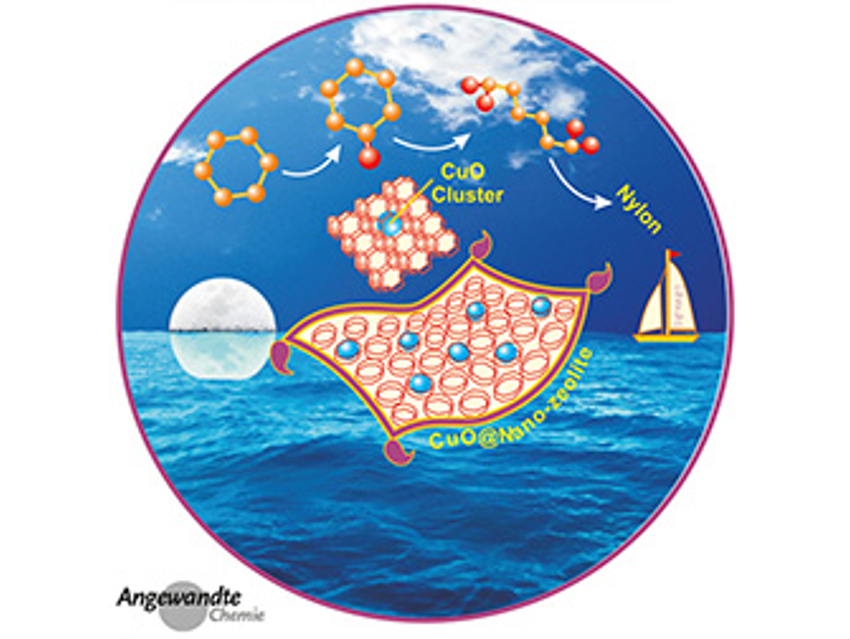
Angewandte Chemie 7/2020: What is Life?
Overview of the latest issue of Angewandte Chemie